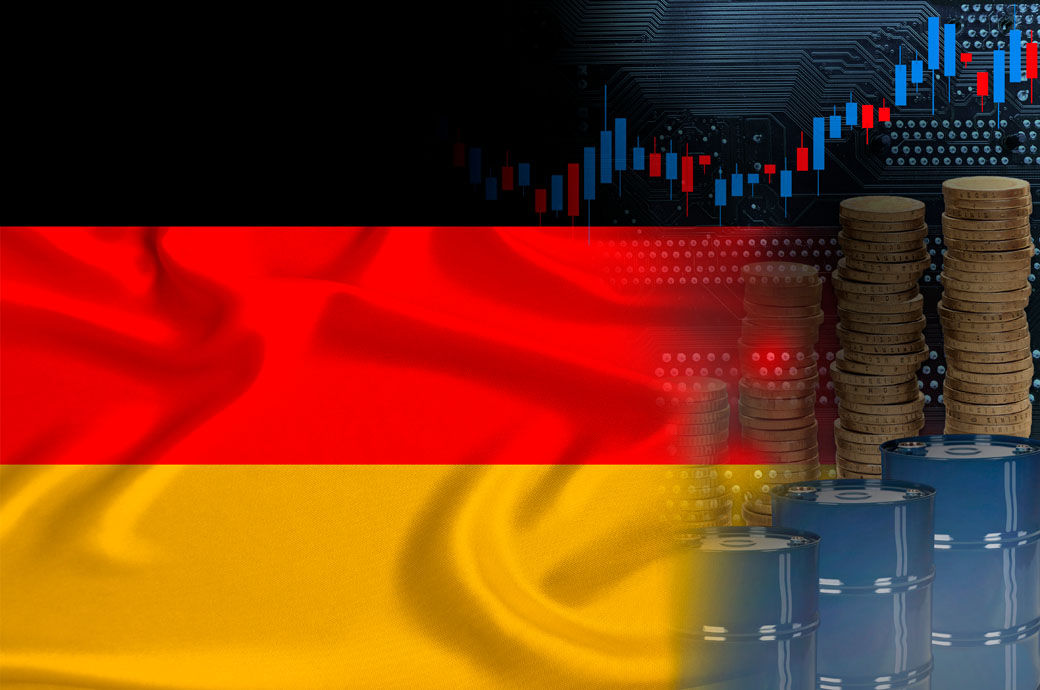
This is reducing citizens’ purchasing power, Bundesbank president Joachim Nagel said recently.
Although the economy is slowly regaining its footing this year, gross domestic product (GDP) is set to contract by 0.3 per cent due to the decline in the past winter half-year, the central bank said in a release.
“We are seeing a welcome decline in inflation, but we’re still far from giving the all-clear signal,” Nagel said.
Although energy price inflation, in particular, is declining rapidly, core inflation (i.e. excluding energy and food) is persisting at a high level.
Overall, the inflation rate as measured by the harmonised index of consumer prices (HICP) is set to fall from 8.7 per cent last year to 6 per cent this year. In the next two years it will be 3.1 per cent and 2.7 per cent respectively, according to the bank.
Declining inflation, strongly rising wages and a robust labour market will come together in the near term, explained Nagel.
Tighter monetary policy has led to higher financing costs, thereby dampening private investment. In addition, the stronger euro and the high wage dynamics constitute a headwind for exporters.
Thanks to rising foreign demand, though, exports are still increasing moderately.
Real government consumption will decline sharply this year due to pandemic-related expenditure petering out, and will then rise significantly again, the press release noted.
All in all, economic growth of 1.2 per cent and 1.3 per cent can be expected in 2024 and 2025 respectively, Nagel added.
Fibre2Fashion News Desk (DS)